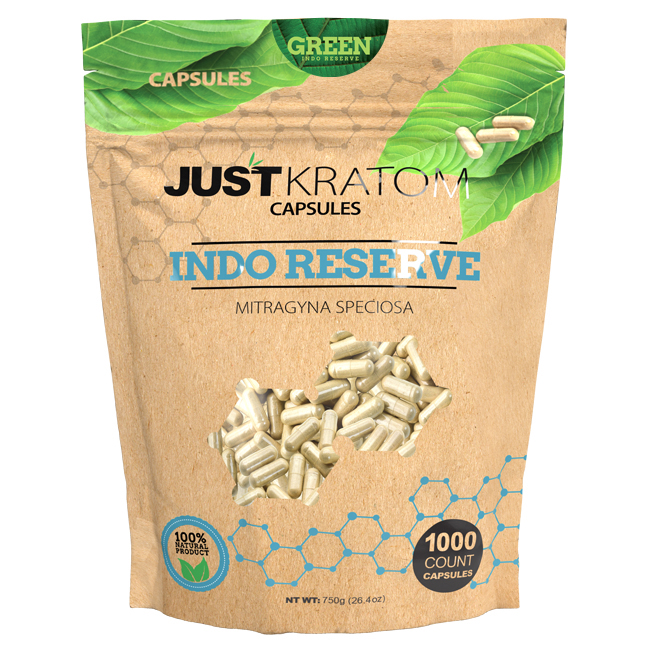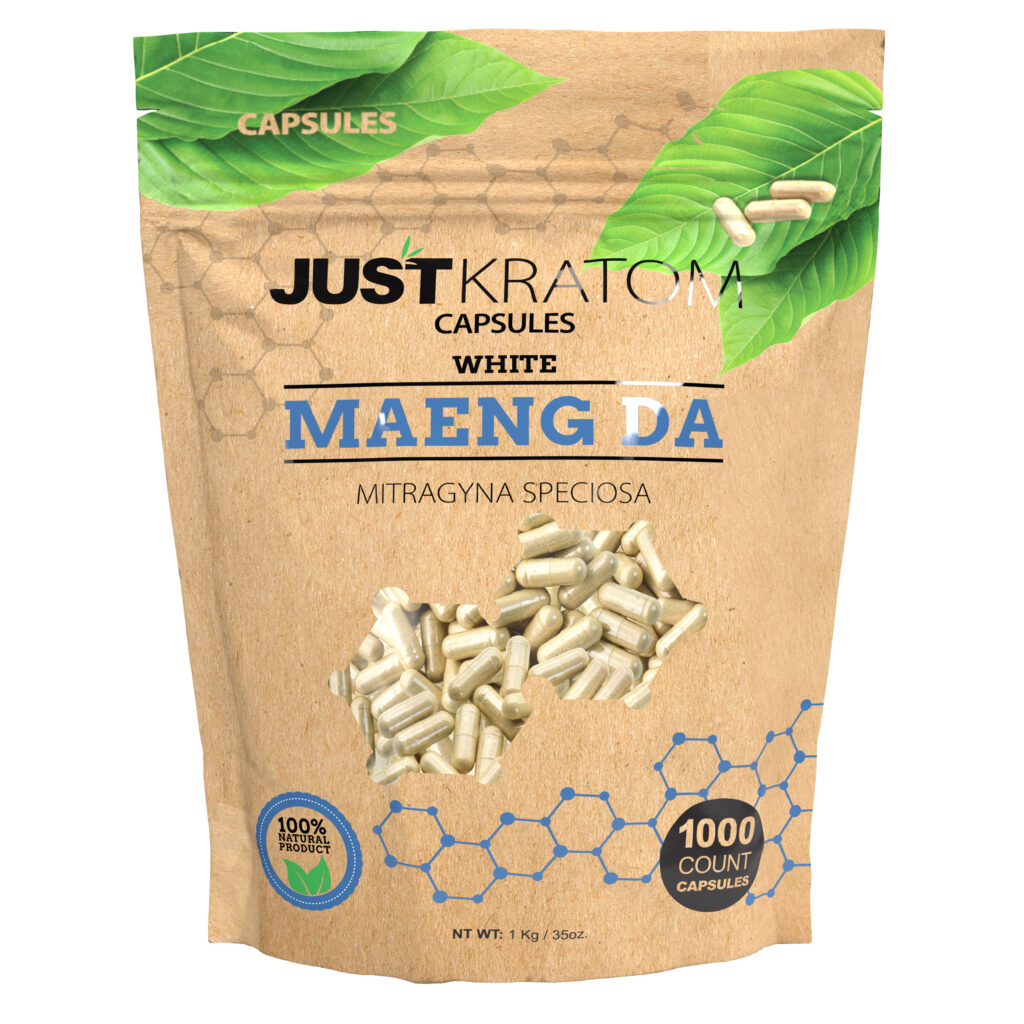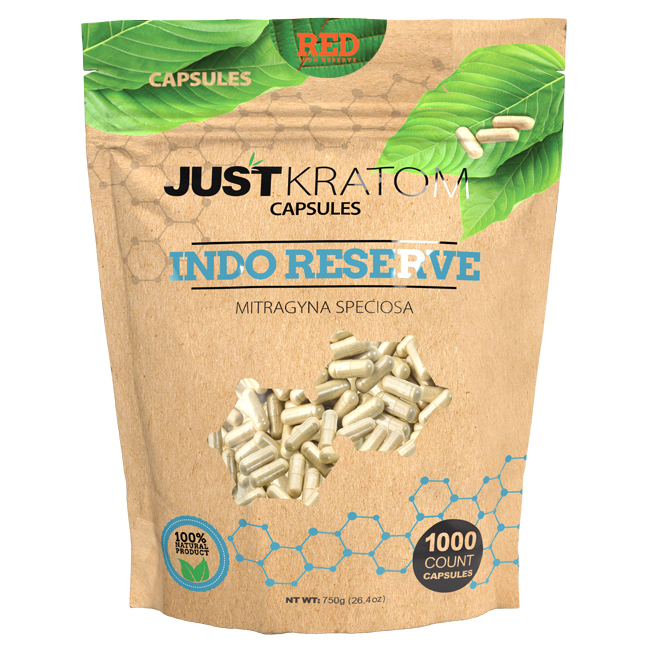What is Kratom
Kratom is a tropical tree native to Southeast Asia, known for its unique psychoactive properties. Its leaves contain compounds, primarily mitragynine and 7-hydroxymitragynine, that interact with opioid receptors in the brain. These interactions can produce a range of effects, including pain relief, energy boosting, and mood alteration. Due to these potential benefits, kratom has gained popularity as a natural alternative for managing various ailments, but its legality and safety remain controversial.

Definition of Kratom
Kratom is a tropical tree native to Southeast Asia. Its leaves contain compounds, primarily mitragynine and 7-hydroxymitragynine, that interact with opioid receptors in the brain. These interactions can produce a range of effects, including pain relief, energy boosting, and mood alteration.
Due to these potential benefits, kratom has gained popularity as a natural alternative for managing various ailments, but its legality and safety remain controversial.
History and Cultural Use
Kratom is a tropical tree native to Southeast Asia, known for its unique psychoactive properties. Its leaves contain compounds, primarily mitragynine and 7-hydroxymitragynine, that interact with opioid receptors in the brain. These interactions can produce a range of effects, including pain relief, energy boosting, and mood alteration.
For centuries, kratom has been used traditionally in Southeast Asian cultures for its medicinal and recreational properties. It was employed to address various ailments such as pain, fatigue, and digestive issues. In some communities, it was also consumed socially for its stimulating or relaxing effects.
Due to these potential benefits, kratom has gained popularity as a natural alternative for managing various ailments, but its legality and safety remain controversial.
Chemical Composition
Kratom is a tropical tree native to Southeast Asia. Its leaves contain compounds, primarily mitragynine and 7-hydroxymitragynine, that interact with opioid receptors in the brain. These compounds are alkaloids, which are naturally occurring organic bases found in various plants. Mitragynine is responsible for many of kratom’s effects, including pain relief and relaxation.
7-hydroxymitragynine, while less abundant than mitragynine, also contributes to kratom’s pharmacological profile. It is believed to have a stronger influence on mood and energy levels.
Kratom’s Potential for Relaxation and Stress Reduction
Kratom, a tropical tree native to Southeast Asia, has gained attention for its potential to promote relaxation and reduce stress. The leaves of the kratom tree contain compounds, primarily mitragynine and 7-hydroxymitragynine, which interact with opioid receptors in the brain. These interactions may lead to feelings of calmness and reduced anxiety.
Mechanism of Action
Kratom capsules are increasingly being used as a potential remedy for stress and anxiety. The active compounds in kratom, mitragynine and 7-hydroxymitragynine, bind to opioid receptors in the brain, influencing mood regulation and pain perception. This interaction can lead to feelings of relaxation and reduced stress.
- Mitragynine is believed to be primarily responsible for kratom’s analgesic (pain-relieving) effects, but it also contributes to its relaxing properties.
- 7-hydroxymitragynine, while present in smaller amounts, appears to have a stronger influence on mood and energy levels, potentially contributing to a sense of calmness.
However, it is important to note that research on kratom’s effects is ongoing, and more studies are needed to fully understand its potential benefits and risks.
Research Findings on Anxiety and Stress Relief
Kratom has gained attention as a potential natural remedy for stress and anxiety. The leaves of the kratom tree contain compounds like mitragynine and 7-hydroxymitragynine, which interact with opioid receptors in the brain. This interaction may contribute to feelings of relaxation and reduced anxiety.
Some preliminary research suggests that kratom might be helpful in managing stress and anxiety. Studies have indicated that kratom can reduce anxiety-like behavior in animal models. However, human studies are limited and more research is needed to confirm these findings and understand the long-term effects of kratom use on mental health.
It’s crucial to remember that kratom is a substance with potential risks and side effects. The legality of kratom varies depending on location, and its safety profile is still under investigation. Consulting with a healthcare professional before using kratom is essential to assess potential risks and benefits.

Dosage and Administration
Kratom’s ability to induce relaxation and alleviate stress stems from its active compounds, mitragynine and 7-hydroxymitragynine. These compounds interact with opioid receptors in the brain, potentially modulating mood and pain perception.
For those exploring kratom for stress reduction, dosage recommendations vary based on individual responses and desired effects. Typically, a starting dose of 2-5 grams can be considered, gradually increasing or decreasing as needed to achieve the desired outcome. It’s important to start with a low dose and observe its effects before increasing.
Kratom capsules offer a convenient method for administration. Taking capsules allows for controlled dosing and ease of use. As with any new supplement, it is important to introduce kratom gradually and monitor for any adverse reactions.
Potential Benefits of Kratom Capsules for Relaxation
Kratom capsules have emerged as a potential natural remedy for stress and anxiety. The active compounds in kratom, mitragynine and 7-hydroxymitragynine, interact with opioid receptors in the brain, influencing mood regulation and pain perception. This interaction may lead to feelings of relaxation and reduced stress.
Reduced Anxiety Symptoms
Kratom capsules are increasingly used as a potential remedy for stress and anxiety. The active compounds in kratom, mitragynine and 7-hydroxymitragynine, bind to opioid receptors in the brain, influencing mood regulation and pain perception. This interaction can lead to feelings of relaxation and reduced stress.
Mitragynine is believed to be primarily responsible for kratom’s analgesic (pain-relieving) effects, but it also contributes to its relaxing properties. 7-hydroxymitragynine, while present in smaller amounts, appears to have a stronger influence on mood and energy levels, potentially contributing to a sense of calmness.
However, it is important to note that research on kratom’s effects is ongoing, and more studies are needed to fully understand its potential benefits and risks.
Improved Mood and Well-being
Kratom capsules are gaining popularity as a potential natural remedy for relaxation, improved mood, and overall well-being. The active compounds in kratom, mitragynine and 7-hydroxymitragynine, interact with opioid receptors in the brain, influencing mood regulation and pain perception. This interaction can lead to feelings of calmness and reduced anxiety.
Mitragynine is believed to be primarily responsible for kratom’s analgesic (pain-relieving) effects, but it also contributes to its relaxing properties. 7-hydroxymitragynine, while present in smaller amounts, appears to have a stronger influence on mood and energy levels, potentially contributing to a sense of calmness.
Some preliminary research suggests that kratom might be helpful in managing stress and anxiety. Studies have indicated that kratom can reduce anxiety-like behavior in animal models. However, human studies are limited and more research is needed to confirm these findings and understand the long-term effects of kratom use on mental health.
It’s crucial to remember that kratom is a substance with potential risks and side effects. The legality of kratom varies depending on location, and its safety profile is still under investigation. Consulting with a healthcare professional before using kratom is essential to assess potential risks and benefits.
Better Sleep Quality
Kratom capsules offer a potential natural remedy for promoting relaxation and better sleep quality. They contain the alkaloids mitragynine and 7-hydroxymitragynine, which interact with opioid receptors in the brain, potentially influencing mood regulation and pain perception.
These compounds may induce feelings of calmness, reducing stress and anxiety, which can contribute to improved sleep quality. Some individuals find that kratom helps them fall asleep easier and experience deeper, more restful sleep.
However, it is important to note that research on kratom’s effects is still ongoing, and more studies are needed to fully understand its potential benefits and risks for sleep.
It’s crucial to consult with a healthcare professional before using kratom, as it may interact with other medications or have adverse effects for certain individuals.
Safety and Risks Associated with Kratom Capsules

While kratom is increasingly used for relaxation and stress management, potential risks and side effects should be carefully considered. Kratom’s interaction with opioid receptors can lead to dependence and addiction, particularly with prolonged use. Furthermore, kratom can cause adverse effects like nausea, constipation, dizziness, and increased heart rate. It can also interact with other medications, potentially leading to dangerous complications.
Side Effects
Kratom capsules contain compounds that interact with opioid receptors in the brain, potentially leading to feelings of relaxation. However, these same interactions can carry risks. Potential side effects of kratom use include nausea, constipation, dizziness, and increased heart rate.
Prolonged use of kratom can lead to dependence and addiction, similar to other opioids. Additionally, kratom’s legal status varies greatly, with some countries or regions banning its sale or use altogether.
It is essential to consult with a healthcare professional before using kratom capsules, as they can interact with other medications and may not be suitable for individuals with certain health conditions.
Drug Interactions
Kratom capsules contain mitragynine and 7-hydroxymitragynine, which can interact with opioid receptors in the brain. While these interactions may lead to relaxation and pain relief, they also raise concerns about potential drug interactions. Kratom’s effects on the central nervous system can amplify the effects of other depressants like alcohol or benzodiazepines, increasing the risk of overdose.
Additionally, kratom can interfere with medications metabolized by the liver, potentially leading to increased levels of certain drugs in the body. This can result in adverse reactions or reduced effectiveness of the prescribed medication. It is crucial for individuals taking any medications to consult their doctor before using kratom capsules to avoid potential harmful interactions.
The safety profile of kratom is still under investigation, and more research is needed to fully understand its long-term effects and potential risks associated with drug interactions.
Addiction Potential
Kratom capsules offer a concentrated form of the Kratom plant’s active compounds for individuals seeking relaxation or stress reduction. However, it’s crucial to be aware of the potential risks and addiction risks associated with kratom use.
Kratom’s ability to produce feelings of euphoria and relaxation stems from its interaction with opioid receptors in the brain. While this can be beneficial for some, it also makes kratom addictive. Regular use can lead to dependence, tolerance, and withdrawal symptoms when trying to discontinue.
The addictive potential of kratom is a serious concern. It shares similarities with other opioids in its ability to trigger the release of dopamine, a neurotransmitter associated with pleasure and reward. This can lead individuals to seek out kratom repeatedly for its pleasurable effects.
It’s important to approach kratom use with caution. While some individuals may experience benefits like reduced stress or improved mood, the potential for addiction and other adverse effects necessitates careful consideration.
If you are considering using kratom, it is essential to consult a healthcare professional to assess potential risks and benefits based on your individual medical history and circumstances.
Legality and Regulations Surrounding Kratom Capsules
The legal status of kratom capsules varies widely depending on location. In some countries and regions, it is completely banned, while in others it is legal with certain regulations. In the United States, kratom is not currently classified as a controlled substance at the federal level, but its legality remains controversial at the state level. Some states have banned kratom outright, while others have implemented restrictions on its sale and possession.
Legal Status in Different Countries
The legal status of kratom capsules varies significantly around the world.
In some countries, such as Thailand, Malaysia, and Australia, kratom is entirely banned due to concerns about its potential for abuse and health risks.
In other countries, like the United Kingdom and Canada, kratom’s legal status is unclear or subject to ongoing debate. Some jurisdictions within these countries may have specific regulations or restrictions in place.
Within the United States, kratom’s legal status is complex and varies from state to state. While it is not currently classified as a controlled substance at the federal level, several states have enacted bans on its sale or possession. Others have implemented regulations regarding its labeling, sale, and marketing.
It’s crucial for individuals to research the specific laws and regulations surrounding kratom in their respective countries and jurisdictions before considering its use.
Regulation by Health Authorities
The legality of kratom capsules varies greatly depending on location. Some countries, like Thailand, Malaysia, and Australia, have completely banned it due to concerns about potential abuse and health risks.
In other countries, such as the United Kingdom and Canada, kratom’s legal status is less clear and subject to ongoing debate with some jurisdictions implementing regulations.
Within the United States, kratom’s legal status is complex. While it is not currently classified as a controlled substance at the federal level, several states have enacted bans on its sale or possession.
Other states have implemented regulations regarding its labeling, sale, and marketing.
It is crucial for individuals to research the specific laws and regulations surrounding kratom in their respective countries and jurisdictions before considering its use.
Buy Kratom capsules for improved focus
- Kratom Capsules For Relaxation: Can They Help With Anxiety And Stress? - May 25, 2025
- Nu-Derm Skin System Near Shalford, Surrey - May 24, 2025
- Jaw Fillers For A Defined Jawline Near Merrow, Surrey - May 23, 2025
